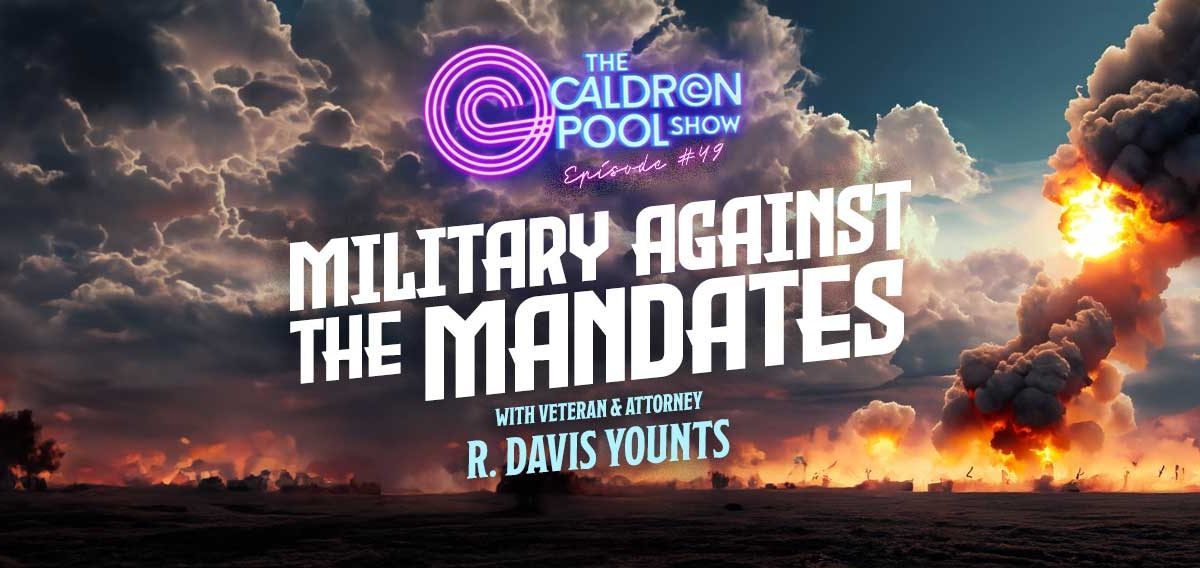How many prophets has the West rejected, to its own detriment?
The good news is that God will always raise up prophets, especially in dark times. The bad news is that these prophets usually are rejected, and their warnings go unheeded. One such prophetic voice to the West last century was the noted Soviet dissident and writer Alexander Solzhenitsyn (1918-2008). I discuss his life and work in more detail here.
He had spent a decade in the Soviet gulag just after WWII, which he described in chilling detail in his three-volume masterwork, The Gulag Archipelago (1973-1978). He was expelled from the Soviet Union in February 1974. While in the West he sought to sound the alarm, to wake the West up to the threats it faced, but with limited success.
For example, he famously gave a commencement address at Harvard University on June 8, 1978. That year Harper & Row published it as a paperback entitled A World Split Apart. In it, he argued that a demoralised and post-Christian West was no match for, and not much better than, atheistic communism. See my write-up about the speech – and quotes from it – here.
He, of course, made other such warnings to Western audiences. One short collection of his speeches and interviews is found in Warning to the West (Farrar, Straus and Giroux, 1975, 1976). It contains three speeches he gave in the US in June and July 1975 and a radio talk and interview he gave in England in March 1976. All five pieces are worth quoting from, but let me highlight three of them. In a speech delivered in New York, he said this:
Communism is as crude an attempt to explain society and the individual as if a surgeon were to perform his delicate operations with a meat ax. All that is subtle in human psychology and in the structure of society (which is even more complex), all of this is reduced to crude economic processes. This whole created being—man-—is reduced to matter. It is characteristic that Communism is so devoid of arguments that it has none to advance against its opponents in our Communist countries. It lacks arguments and hence there is the club, the prison, the concentration camp, and insane asylums with forced confinement. Marxism has always opposed freedom. (pp. 56-57)
And a short quote from the middle of his speech should seem quite familiar to us today with what the radical left is up to: “All of the Communist Parties, upon attaining power, have become completely merciless. But at the stage before they achieve power, it is necessary to use disguises.” (p. 66)
One further quote from this talk: “The Communist ideology is to destroy your social order. This has been their aim for 125 years and it has never changed; only the methods have changed a little. When there is détente, peaceful co-existence, and trade, they will still insist: the ideological war must continue! And what is ideological war? It is a concentration of hatred, a continued repetition of the oath to destroy the Western world.” (p. 72)
In a BBC interview, he sought to dispel a few myths about himself with this stinging rebuke:
Mediocre journalists simply make headlines of their conclusions, which suddenly become generally accepted. You have just enumerated several propositions and practically all of them are not true. First, I am not a critic of the West. I repeat that for nearly all our lives we worshipped the West—note the word “worshipped.” We did not admire it, we worshipped it. I am not a critic of the West. I am a critic of the weakness of the West. I am a critic of a fact which we can’t comprehend: how one can lose one’s spiritual strength, one’s will power and, possessing freedom, not value it, not be willing to make sacrifices for it. (p. 106)
And again:
Opposition has remained, but I have already said many times that our movement of opposition and spiritual revival, like any spiritual process, is slow. But your capitulations, like all political processes, move very quickly. The speed of your capitulations has so rapidly overtaken the pace of our moral regeneration that at the moment the Soviet Union can only move along one path: the flourishing of totalitarianism. It would be more appropriate if it were not you asking me which way Russia—or rather, the Soviet Union (let us not get the two mixed)—will go, but if I were to ask you which way the West is going. Because at the moment the question is not how the Soviet Union will find a way out of totalitarianism but how the West will be able to avoid the same fate. How will the West be able to withstand the unprecedented force of totalitarianism? That is the problem. (pp. 108-109)
In a BBC radio address, he said this in part:
Forty years earlier Dostoevsky had predicted that socialism would cost Russia 100 million victims. At the time it seemed an improbable figure. Let me ask the British press to acquaint its readers with the impartial three- page report of the Russian statistician Professor Ivan Kurganov. It was published in the West twelve years ago, but, as is so often the case with matters of social significance, we only notice things that are not contradictory to our own feelings. From Professor Kurganov’s analysis, we learn that if Dostoevsky erred, he erred on the side of understatement. From 1917 to 1959 socialism cost the Soviet Union 110 million lives! (pp. 128-129)
And lastly, these strong words to his listening audience:
However hidden it may be from human gaze, however unexpected for the practical mind, there is sometimes a direct link between the evil we cause to others and the evil which suddenly confronts us. Pragmatists may explain this link as a chain of natural cause and effect. But those who are more inclined to a religious view of life will immediately perceive a link between sin and punishment. It can be seen in the history of every country. Today’s generation has had to pay for the shortcomings of their fathers and grandfathers, who blocked their ears to the lamentations of the world and closed their eyes to its miseries and disasters.
Your newspapers may be famous for their traditions, but they print a number of articles containing analyses and commentaries which are shamefully shallow and shortsighted. What can one say when your leading liberal paper compares the contemporary development of the Russian spiritual regeneration with pigs trying to fly? This is not just contempt for the spiritual potential of my people. It’s broader than that. It’s a kind of fastidious contempt for any kind of spiritual regeneration, for anything which does not stem directly from economics but which is based on moral criteria. What an inglorious end to four hundred years of materialism! The decline of contemporary thought has been hastened by the misty phantom of socialism. Socialism has created the illusion of quenching people’s thirst for justice: Socialism has lulled their conscience into thinking that the steamroller which is about to flatten them is a blessing in disguise, a salvation. And socialism, more than anything else, has caused public hypocrisy to thrive; it has enabled Europe to ignore the annihilation of 66 million people on its very borders.
There is not even a single precise definition of socialism that is generally recognized: all we have is a sort of hazy shimmering concept of something good, something noble, so that two socialists talking to each other about socialism might just as well be talking about completely different things. And, of course, any new-style African dictator can call himself a socialist without fear of contradiction.
But socialism defies logic. You see, it is an emotional impulse, a kind of worldly religion, and nobody has the slightest need to study or even to read the teachings of its early prophets. Their books are judged by hearsay; their conclusions are accepted ready-made. Socialism is defended with a passionate lack of reason; it is never analyzed; it’s proof against all criticism. Socialism, especially Marxist socialism, uses the neat device of declaring all serious criticism “outside the framework of possible discussion”; and one is required to accept 95 percent of socialist doctrine as a “basis for discussion”—all that is left to argue about is the remaining 5 percent. (pp. 140-142)
A necessary afterword
Some folks might be asking at this point: ‘The Berlin Wall fell in 1989, so why still carry on about Communism?’ Well, the wall may have come crashing down back then, but Marxist ideology and practice is still alive and well all around the world. And it is not just in places like Communist China, but in most Western university campuses, media outlets, and globalist bodies. So the threat remains, and the need to sound the alarm remains as well.
The warnings given by Solzhenitsyn 50 years ago are still just as relevant as ever. Had we taken them much more seriously back then, perhaps the West would not be in such a bad way today. So I for one will keep on sounding the alarm as well, hoping some at least will wake up before it is too late.



















